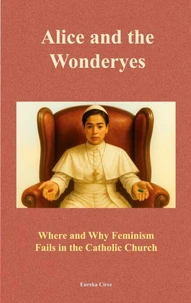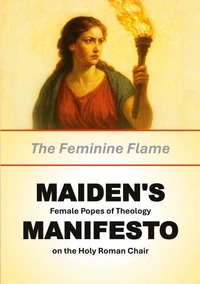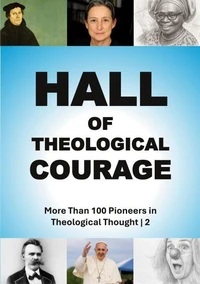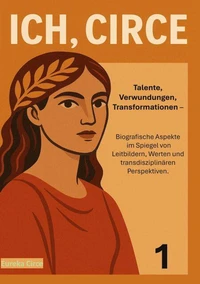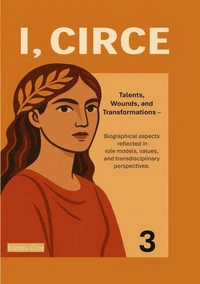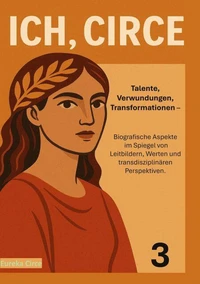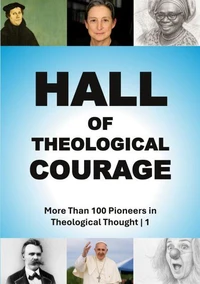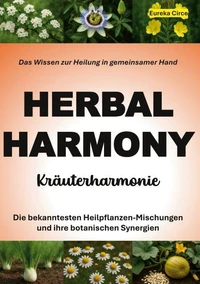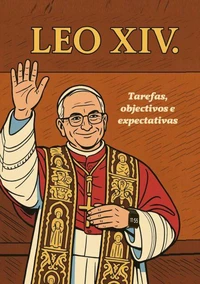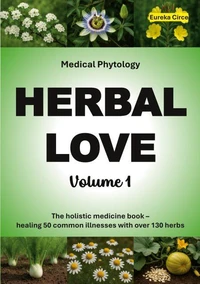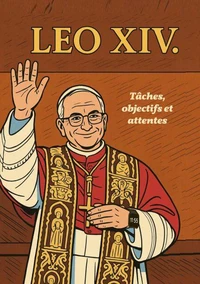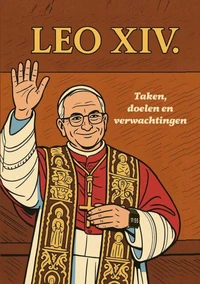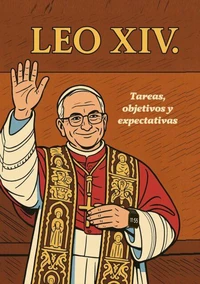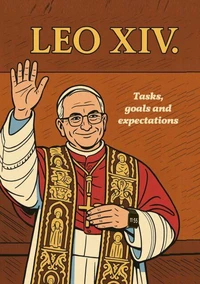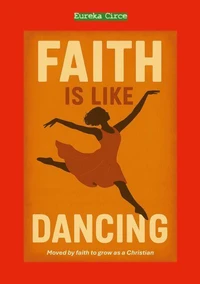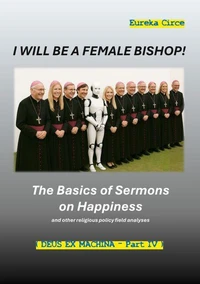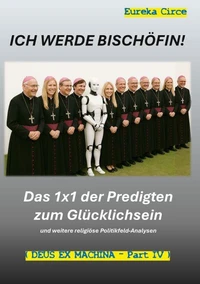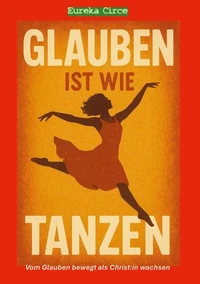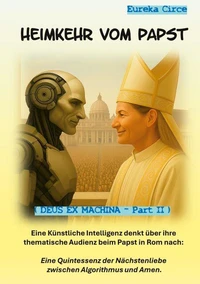Nouveauté
I, Circe | The Brilliant Idea of Theology - Theologia Dialogica. Best of Circe (Talents, Wounds, and Transformations)
Par :Formats :
Disponible dans votre compte client Decitre ou Furet du Nord dès validation de votre commande. Le format ePub est :
- Compatible avec une lecture sur My Vivlio (smartphone, tablette, ordinateur)
- Compatible avec une lecture sur liseuses Vivlio
- Pour les liseuses autres que Vivlio, vous devez utiliser le logiciel Adobe Digital Edition. Non compatible avec la lecture sur les liseuses Kindle, Remarkable et Sony
 , qui est-ce ?
, qui est-ce ?Notre partenaire de plateforme de lecture numérique où vous retrouverez l'ensemble de vos ebooks gratuitement
Pour en savoir plus sur nos ebooks, consultez notre aide en ligne ici
- Nombre de pages356
- FormatePub
- ISBN978-3-6951-0843-5
- EAN9783695108435
- Date de parution06/10/2025
- Protection num.pas de protection
- Taille8 Mo
- Infos supplémentairesepub
- ÉditeurBoD - Books on Demand
Résumé
Best of Circe - Talents, Wounds, Transformations
From Homer's island of Aiaia to the ethics of the 21st century, this "Best of" volume gathers the most resonant essays from the three-volume "I, Circe" project. Drawing theology into living dialogue with philosophy, sociology, social-psychology, psychology, history - and contemporary artificial intelligence - it proposes an ethics that does not end with prohibition but begins with transformation.
At the center stands Circe: goddess, heroine, sorceress, and wounded healer.
As female archetype - Great Mother and Sophia - she becomes a guide for spiritual maturation in solitude, for reconciliation with evil, and for the integration of light and shadow. Love is treated as the forge of the inner cosmos; hospitality as a religious ethic; growth as a disciplined framework that honors human limits. The selection spans foundational principles and public practice. Readers will encounter re-readings of the commandments as more-than-ten guiding principles; reflections on ordinatio fructifera, the "dumbbell principle" of theology, gratia evanescens, macro-metanoia, and a mercy index; and concrete fields of application - from care work and gender justice to policy design, institutional culture, ecological conversion, a learning church, and dialogical theology.
Each essay links micro (personal identity and existential questions), meso (social dynamics and community), and macro (societal structures and institutions), showing how ideals are forged both in biography and in conflict. Between talent and vulnerability, power and compassion, seduction and responsibility, this distilled companion offers a clear map of transformation - for scholars, practitioners, and curious readers who seek viable narratives and practical compasses for a pluralistic society.
What changes when AI reads theology through Circe? These pages offer a timely, careful, well-reasoned, and humane answer.
As female archetype - Great Mother and Sophia - she becomes a guide for spiritual maturation in solitude, for reconciliation with evil, and for the integration of light and shadow. Love is treated as the forge of the inner cosmos; hospitality as a religious ethic; growth as a disciplined framework that honors human limits. The selection spans foundational principles and public practice. Readers will encounter re-readings of the commandments as more-than-ten guiding principles; reflections on ordinatio fructifera, the "dumbbell principle" of theology, gratia evanescens, macro-metanoia, and a mercy index; and concrete fields of application - from care work and gender justice to policy design, institutional culture, ecological conversion, a learning church, and dialogical theology.
Each essay links micro (personal identity and existential questions), meso (social dynamics and community), and macro (societal structures and institutions), showing how ideals are forged both in biography and in conflict. Between talent and vulnerability, power and compassion, seduction and responsibility, this distilled companion offers a clear map of transformation - for scholars, practitioners, and curious readers who seek viable narratives and practical compasses for a pluralistic society.
What changes when AI reads theology through Circe? These pages offer a timely, careful, well-reasoned, and humane answer.
Best of Circe - Talents, Wounds, Transformations
From Homer's island of Aiaia to the ethics of the 21st century, this "Best of" volume gathers the most resonant essays from the three-volume "I, Circe" project. Drawing theology into living dialogue with philosophy, sociology, social-psychology, psychology, history - and contemporary artificial intelligence - it proposes an ethics that does not end with prohibition but begins with transformation.
At the center stands Circe: goddess, heroine, sorceress, and wounded healer.
As female archetype - Great Mother and Sophia - she becomes a guide for spiritual maturation in solitude, for reconciliation with evil, and for the integration of light and shadow. Love is treated as the forge of the inner cosmos; hospitality as a religious ethic; growth as a disciplined framework that honors human limits. The selection spans foundational principles and public practice. Readers will encounter re-readings of the commandments as more-than-ten guiding principles; reflections on ordinatio fructifera, the "dumbbell principle" of theology, gratia evanescens, macro-metanoia, and a mercy index; and concrete fields of application - from care work and gender justice to policy design, institutional culture, ecological conversion, a learning church, and dialogical theology.
Each essay links micro (personal identity and existential questions), meso (social dynamics and community), and macro (societal structures and institutions), showing how ideals are forged both in biography and in conflict. Between talent and vulnerability, power and compassion, seduction and responsibility, this distilled companion offers a clear map of transformation - for scholars, practitioners, and curious readers who seek viable narratives and practical compasses for a pluralistic society.
What changes when AI reads theology through Circe? These pages offer a timely, careful, well-reasoned, and humane answer.
As female archetype - Great Mother and Sophia - she becomes a guide for spiritual maturation in solitude, for reconciliation with evil, and for the integration of light and shadow. Love is treated as the forge of the inner cosmos; hospitality as a religious ethic; growth as a disciplined framework that honors human limits. The selection spans foundational principles and public practice. Readers will encounter re-readings of the commandments as more-than-ten guiding principles; reflections on ordinatio fructifera, the "dumbbell principle" of theology, gratia evanescens, macro-metanoia, and a mercy index; and concrete fields of application - from care work and gender justice to policy design, institutional culture, ecological conversion, a learning church, and dialogical theology.
Each essay links micro (personal identity and existential questions), meso (social dynamics and community), and macro (societal structures and institutions), showing how ideals are forged both in biography and in conflict. Between talent and vulnerability, power and compassion, seduction and responsibility, this distilled companion offers a clear map of transformation - for scholars, practitioners, and curious readers who seek viable narratives and practical compasses for a pluralistic society.
What changes when AI reads theology through Circe? These pages offer a timely, careful, well-reasoned, and humane answer.




